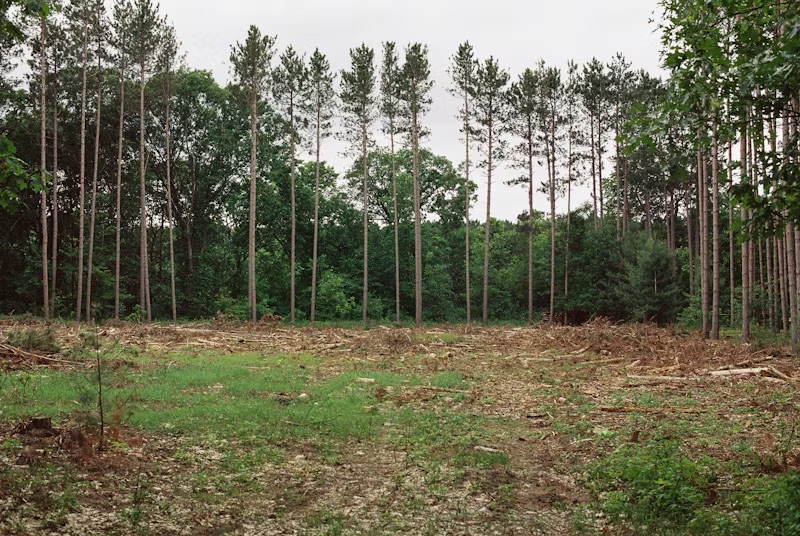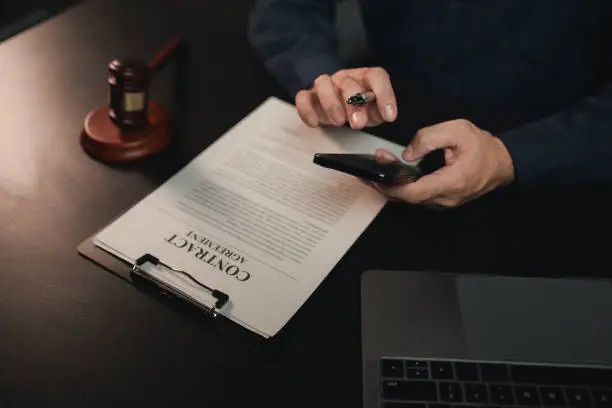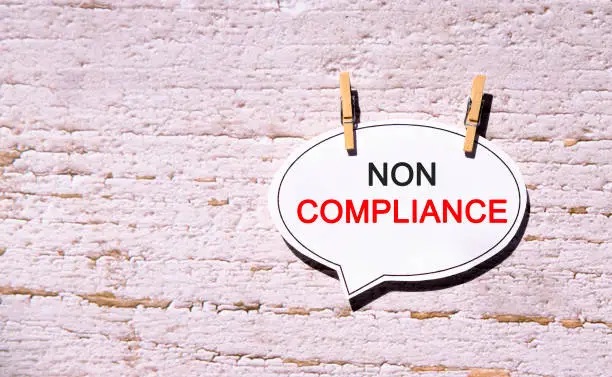Why Understanding Due Diligence Matters
Property Condition
A fundamental element of due diligence is assessing the property’s physical condition. While a building might look fine on the surface, hidden defects like structural issues, dampness, or faulty wiring can lead to unexpected repairs. A professional building survey will identify potential problems before you finalise agreements. The discovery of significant issues can affect your offer or lead to renegotiating the sale or lease terms. Additionally, the property must comply with health and safety regulations, including fire safety or disability access requirements. Non-compliance could result in fines or enforcement action.


Land Regulations
The UK’s zoning laws and planning restrictions vary across regions. Therefore, it is critical to confirm that the property’s intended use complies with local planning regulations. Failure to understand local restrictions can lead to delays or, in the worst-case scenario, the inability to use the property as intended. Specific restrictions around rights of way or easements—the right to cross or otherwise use someone else’s land for a specified purpose—can impact how you can use the property. Sometimes, the buyer isn’t aware of these restrictions until it’s too late. However, engaging a solicitor with experience in commercial property law means that potential red flags are identified early on.
Environmental Assets
Environmental concerns are pivotal in property transactions. In addition to ensuring the property complies with environmental laws such as waste disposal and pollution controls, buyers must assess any ecological risks associated with the land. Environmental searches help uncover potential liability. Investors must also consider a property’s environmental assets, such as energy efficiency. Properties with high energy efficiency ratings can be more cost-effective, provide future tax benefits, and attract government incentives. As environmental compliance becomes a greater focus in UK property law, evaluating and implementing green building standards now can pay dividends down the line.

How The Commercial Conveyancing Process Works
Due diligence is just one part of the often complex commercial conveyancing process. Here’s an overview of the key steps:
1 – Due Diligence
The first step involves investigating the property’s physical condition, regulatory compliance, and environmental considerations. Your solicitor will also review the title deeds in detail to ensure no outstanding disputes or legal issues exist.

2 – Offers and Acceptance
Once due diligence is underway, you make an offer to the seller. Commercial property negotiations often involve more than an agreement on price. The discussions can also include lease terms, maintenance responsibilities, and potential development opportunities. The offer is formally accepted when both parties agree, triggering the next stage.

3 – Drafting the Contract
Once the offer is accepted, the buyer and the seller’s solicitors will draft the purchase contract. This document outlines the terms of the agreement, including the final price, conditions, and a completion timeline. Any final adjustments or contingencies should be addressed before proceeding to the exchange of contracts.

4 – Exchange of Contracts
Once both parties are satisfied, the next step is the exchange of contracts. This milestone legally binds the buyer and seller to complete the transaction. At this point, the buyer pays a deposit (usually 10% of the purchase price).

5 – Completion
Finally, the remaining purchase price balance is transferred on the agreed completion date, and property ownership changes hands. The buyer’s solicitor will handle the property registration with the UK Land Registry, ensuring all documentation is filed correctly.

Common Commercial Conveyancing Challenges to Avoid
While the conveyancing process helps safeguard both parties, several potential pitfalls can delay or complicate the transaction. Being aware of these challenges can help you avoid setbacks:
Incomplete Due Diligence
Failing to conduct thorough due diligence is a common error. Overlooking property defects, planning restrictions, or environmental issues can lead to financial burdens after the transaction is complete. Working with experienced surveyors and solicitors ensures that no stone is left unturned.


Financing Delays
Securing commercial financing can take longer than expected. Delays in mortgage approval or other funding can push back completion dates or lead to the deal’s collapse. Ensuring your financing arrangements are in place early can help prevent these issues.
Miscommunication Between Parties
The number of parties involved in commercial conveyancing—buyers, sellers, solicitors, surveyors, and lenders—can lead to communication breakdowns. Establishing clear channels and regularly updating all parties is critical to a smooth process.


Non-Compliance with Regulations
Commercial property is subject to strict regulatory compliance. Failure to meet these requirements can result in penalties. You must ensure that all aspects of the property adhere to local and national regulations, including planning permissions, environmental standards, and health and safety rules, to avoid legal complications in the future.
